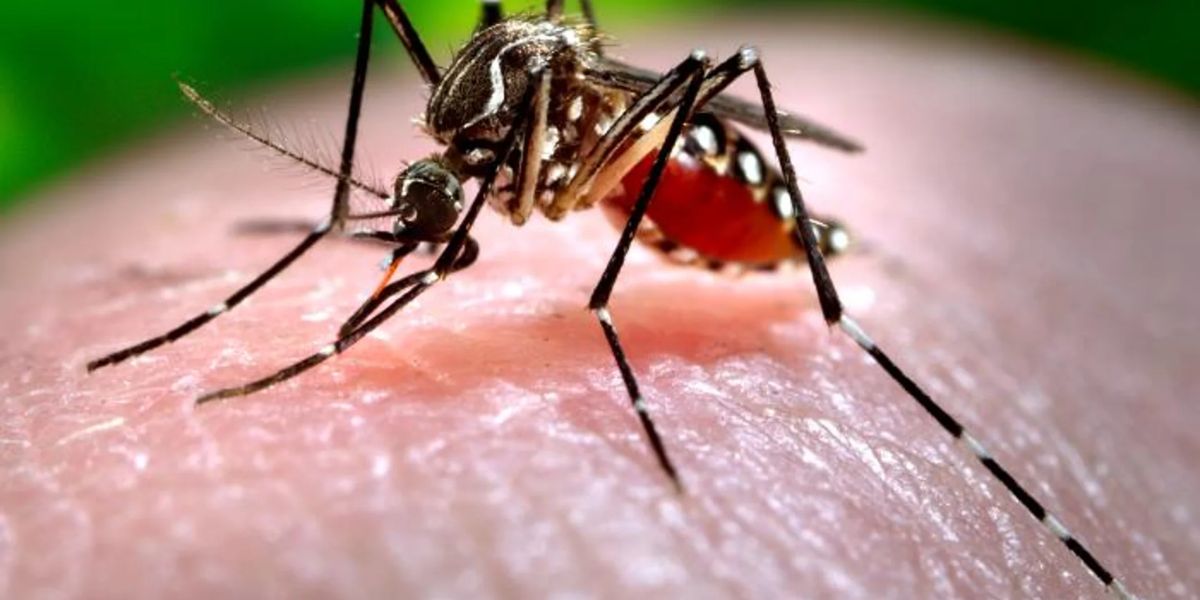Confronting the Buzz: Understanding the Mosquito Menace in America’s Most Infested City
Mosquitoes — those tiny, buzzing, bloodthirsty insects — are more than just a summer nuisance. They’re carriers of diseases, disruptors of outdoor fun, and a growing concern in many American cities. But one city, in particular, has gained a notorious reputation for its mosquito problem: Atlanta, Georgia.
In this article, we dive into why Atlanta tops the charts as the most mosquito-infested city in the U.S., what factors contribute to its mosquito boom, the health risks involved, and what residents and officials are doing to combat the problem.
Why Atlanta? Unpacking the Factors Behind the Swarms
For ten years straight, Atlanta has been ranked by pest control companies like Orkin as the No. 1 city for mosquitoes in the U.S. But why Atlanta?
Several key factors create the perfect storm:
- Climate: Atlanta’s hot, humid summers and mild winters provide an ideal breeding ground. Mosquitoes thrive in temperatures above 50°F, and Atlanta’s climate extends their active season.
- Standing Water: The city’s heavy rains and dense urban landscape mean there are countless spots — clogged gutters, ponds, storm drains, birdbaths — where stagnant water collects. This is where mosquitoes lay their eggs.
- Vegetation: Atlanta is famously called the “city in a forest.” While this makes it beautiful and green, it also gives mosquitoes plenty of shaded resting places during the heat of the day.
The Health Risks: It’s More Than Just Itchy Bites
While many people brush off mosquito bites as a minor annoyance, the health risks are real.
| Mosquito-Borne Disease | Symptoms | U.S. Concern? |
|---|---|---|
| West Nile Virus | Fever, headache, fatigue | Yes, reported annually |
| Zika Virus | Fever, rash, joint pain | Low, but monitored |
| Eastern Equine Encephalitis (EEE) | Brain swelling, seizures, coma | Rare, but deadly |
West Nile Virus is the most common mosquito-borne disease in the U.S., with cases reported every year, particularly in the South. Though Zika Virus outbreaks have been mostly limited, they remain a concern for pregnant women because of the risk of birth defects. EEE, while rare, has a high fatality rate and occasionally emerges in southeastern states, including Georgia.
Fighting Back: What the City and Residents Are Doing
Mosquito control is a shared responsibility between local governments and residents. Here’s what’s being done in Atlanta:
- City Mosquito Control Programs: The Atlanta Department of Public Health uses targeted spraying in high-risk areas, especially after heavy rains. They also monitor mosquito traps to track populations and test for viruses.
- Public Education: “Tip and toss” campaigns urge residents to empty containers of standing water, repair window screens, and use insect repellents.
- Innovative Solutions: Some neighborhoods have experimented with mosquito-repellent plants, natural predators like bats, or even releasing sterile male mosquitoes to reduce breeding.
For homeowners, reducing mosquito habitats on their property is key. Regularly cleaning gutters, covering rain barrels, and maintaining swimming pools can drastically cut down on mosquito breeding grounds.
Why It’s Getting Worse: Climate Change and Urban Expansion
Experts warn that the mosquito problem is only expected to grow. Warmer temperatures linked to climate change are lengthening the mosquito season and expanding their geographic range. Areas that previously had cold winters keeping mosquitoes in check are now facing longer active periods.
Additionally, urban sprawl — the expansion of cities into wooded or wetland areas — creates more environments where mosquitoes and humans interact. Poor drainage, abandoned properties, and neglected green spaces become hotspots for mosquito activity.
What’s Next? Future Strategies and Research
Scientists and public health officials are exploring new ways to outsmart mosquitoes. Gene-editing technologies, such as using CRISPR to engineer mosquito populations that can’t carry diseases, are being researched. Additionally, improved vaccines and medications are under development to protect against mosquito-borne illnesses.
On the community level, smarter urban design — such as using permeable pavement, better drainage systems, and mosquito-resistant landscaping — can help make cities less hospitable to mosquitoes.
Living with the Menace: Tips for Atlanta Residents
Until long-term solutions take hold, residents of Atlanta and other mosquito-heavy cities need to take precautions:
- Wear Protective Clothing: Long sleeves and pants, especially during dawn and dusk, when mosquitoes are most active.
- Use EPA-Approved Repellents: Products with DEET, picaridin, or oil of lemon eucalyptus are effective.
- Install Screens and Nets: Keep windows and doors tightly sealed and use bed nets if needed.
- Eliminate Breeding Sites: Regularly inspect and remove standing water around your home.
Conclusion
Atlanta’s mosquito problem isn’t just a seasonal annoyance — it’s a growing public health challenge. Understanding the factors that contribute to the city’s high mosquito population is the first step toward reducing the risks. With a combination of individual action, community efforts, and innovative research, Atlantans can hope for a future where they can enjoy the outdoors without constantly swatting away these tiny pests. Until then, the battle against the buzz continues.

